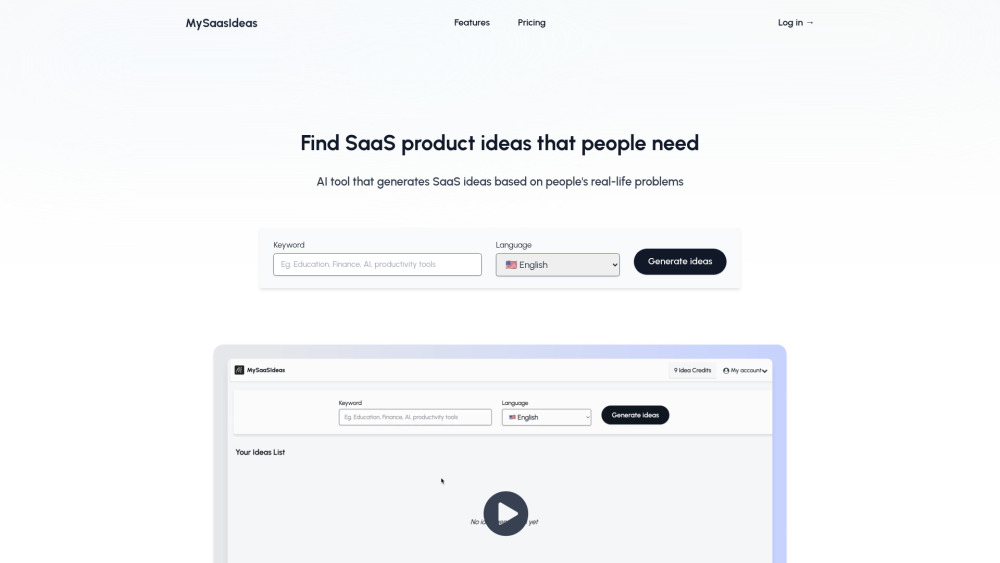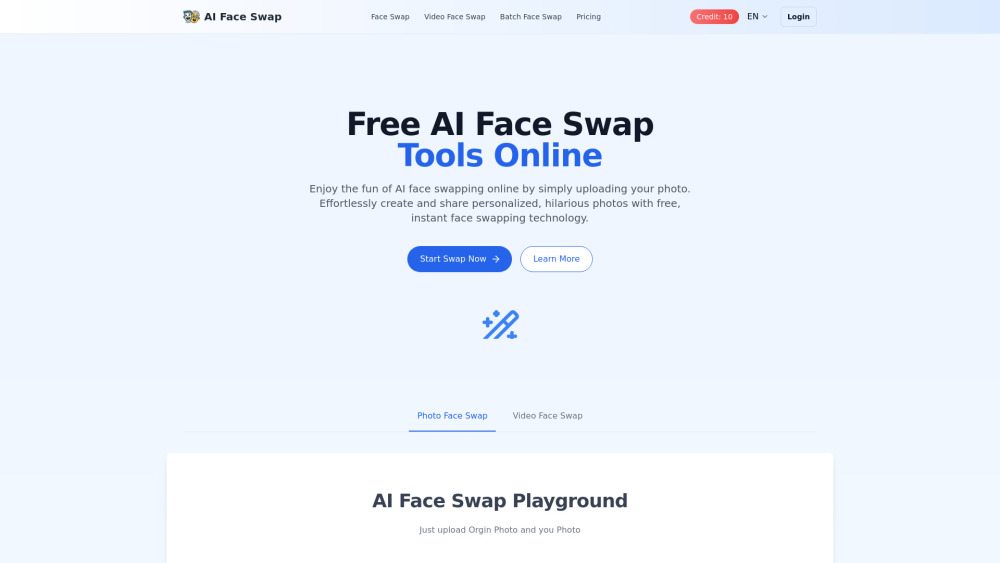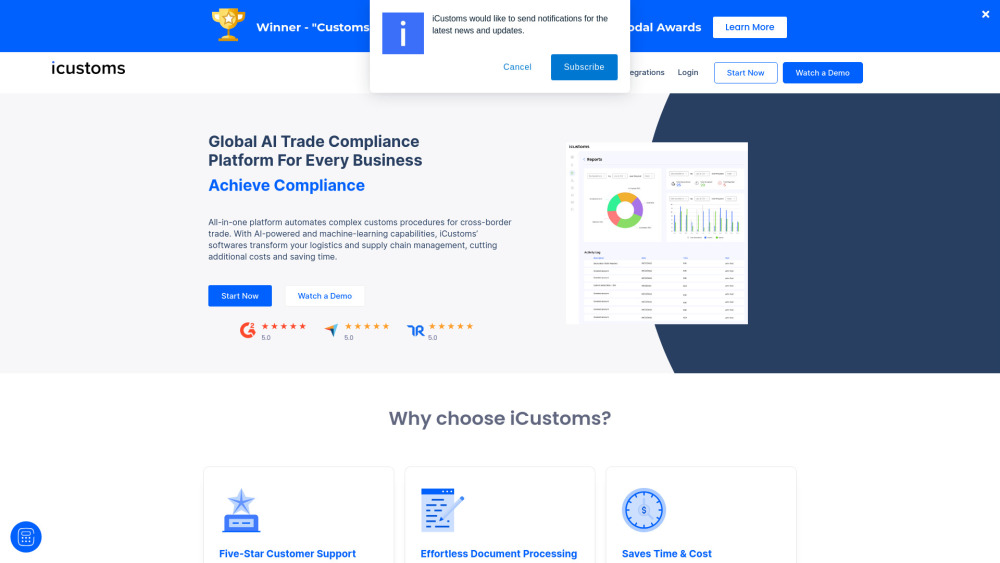Microsoft Moves Ahead with Inflection Acquihire: Little to No Competition Concerns
Great news for Microsoft: The U.K. antitrust regulator has determined that the tech giant’s recent acquihire of the Inflection AI startup team does not raise competition concerns, meaning they will not pursue a full-scale investigation.
However, the Competition and Markets Authority (CMA) clarified that this deal, valued at approximately $650 million, constitutes a “relevant merger situation” under its regulations. This designation implies that similar transactions in the future could still be subject to investigation based on competition implications, even if a full acquisition hasn’t occurred.
Understanding the “Quasi-Merger”
In March, Microsoft announced the launch of a new consumer AI division, led by Inflection co-founders Mustafa Suleyman and Karén Simonyan, both former key members of Google DeepMind. CEO Satya Nadella confirmed that several other talents from Inflection AI have joined this new division, including AI scientist Jordan Hoffmann, who now heads Microsoft’s U.K. AI hub in London.
In July, the CMA initiated a “phase 1” merger inquiry into the deal, beginning an investigation to determine if the situation warranted a more comprehensive examination. A crucial aspect of this initial phase centered on whether the arrangement could be classified as a “merger,” despite Microsoft not having fully acquired Inflection AI. If deemed a merger, further scrutiny for competition concerns could be necessary.
At the core of this inquiry is a growing trend among Big Tech firms to sidestep regulatory scrutiny related to AI, employing a novel approach dubbed the “quasi-merger.” This can encompass a range of strategies, from strategic investments to hiring founders and technical talent, as evidenced by Microsoft’s arrangement with Inflection.
The CMA indicated that Microsoft hired “almost all of Inflection’s team,” including both co-founders, along with entering into various commercial agreements such as a nonexclusive licensing deal for Inflection’s intellectual property. While the exact figure of team members was not disclosed, it is estimated to be around 70.
Furthermore, the CMA observed that the Inflection team had aimed to “create AI for everyone.” However, with the majority of its members departing, Microsoft effectively acquired their collective expertise to advance its AI initiatives. The CMA noted:
"Given that technology in this domain can quickly become outdated without ongoing development, the expertise of the development team is critical for any business aiming to produce foundation models (FMs) or chatbots. The evidence suggests that acquiring a team with relevant knowledge may fall under the CMA’s merger control jurisdiction, even without additional assets."
This decision stemmed from provisions within the U.K.’s Enterprise Act 2002, which helps outline what constitutes a “relevant merger situation.” A key factor is whether, as a result of a deal, “two or more enterprises cease to be distinct.”
Although Inflection still operates independently, Microsoft now holds the majority of the company’s intellectual and operational capabilities. This valuable asset came with a $650 million price tag, as reported by The Information in March, which Microsoft is utilizing to license Inflection's foundational models for its Azure cloud services.
It’s no surprise that some may view this arrangement as an acquisition in all but name.
“The transfer of employees, coupled with other strategic agreements, indicates that the two enterprises are no longer distinct,” stated Joel Bamford, the CMA’s executive director, in a LinkedIn post.
Regulatory Insights
Despite the investigation, the CMA ultimately found that the deal didn’t pose any significant competitive threats, primarily because Inflection was not a strong competitor to Microsoft’s existing AI offerings.
“Inflection AI does not pose a strong challenge to Microsoft’s consumer chatbots (like Copilot) or those developed in partnership with OpenAI (ChatGPT),” Bamford explained. “On this basis, we have cleared the transaction.”
The inquiry into the Microsoft-Inflection deal is among several investigations announced by the CMA in April, which also includes Microsoft’s investment in French startup Mistral AI—quickly deemed not subject to further investigation due to its modest size. Additionally, the CMA is scrutinizing Amazon’s recent $4 billion investment in Anthropic, which has led to a formal investigation.
In another development, the CMA is also inviting feedback on Google's recent investment in Anthropic, which totaled around $300 million last year and was followed by another $2 billion.
The essential takeaway is that while Microsoft has averted regulatory hurdles regarding this deal, future transactions involving Big Tech and emerging startups remain firmly on the CMA's radar, regardless of whether a complete acquisition occurs.




